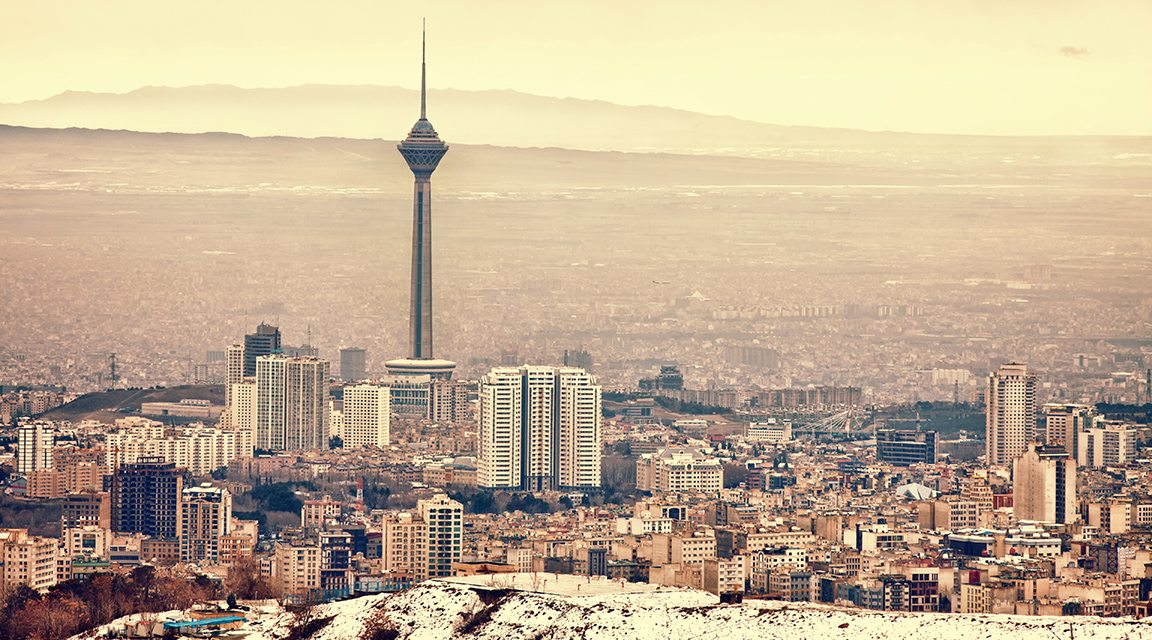

Fear of US regulatory fines holding back financial sector
The lifting of nuclear sanctions on Iran could increase risks for global banks that carry out US dollar clearing.
US primary sanctions still prohibit any US entity from facilitating business with Iran. This covers any US dollar clearing.
Numerous major European banks were fined billions by the New York Department of Financial Services and the Federal Reserve over stripping information from US dollar transactions to hide the involvement of Iranian and other sanctioned entities, including some from Sudan.
The biggest fines for violating sanctions on Iran were for infractions before additional nuclear sanctions were imposed in 2012. These were under US primary sanctions, rather than secondary nuclear sanctions.
The largest settlements include:
- Frances BNP Paribas agreed to pay $8.9bn in 2015
- Germanys Commerzbank agreed to pay $1.45bn in 2015
- Frances Credit Agricole agreed to pay $787m in 2015
- The UKs Standard Chartered agreed to pay $667m in 2012 and was fined a further $300m in 2014
Once Iranian banks were barred from the Brussels-based Society for Worldwide Interbank Financial Telecommunication (Swift) in 2012, outside transactions for Iranian entities were very limited. The ban on doing any business with Iran made Iranian transactions simpler for banks compliance systems to identify and prevent.
The majority of Iranian banks are due to be reconnected to Swift.
The risk of Iranian transactions in dollars going through will increase as Iran is reintegrated into the global economy and the volume of business rises.
There are still lists of sanctioned individuals and entities, targeting the Iranian Revolutionary Guard, and the ballistic missile programme.
None of the six international banks contacted by MEED agreed to comment on the topic.
Maintaining dollar clearing houses in the US is an integral part of global banks business models, and process millions of transactions daily.
Banks still need to be absolutely vigilant and very cautious, says Adrian Nizzola, partner at UK-headquartered law firm Simmons & Simmons. They need to ensure that their banking systems are still robust and transparent.
Banks are already derisking in the Middle East and Africa. Frequently, this involves turning away clients and potential clients en masse, rather than identifying problem accounts individually.
The fear of more billion-dollar fines and lawsuits could make international banks very nervous about providing services in Iran and the wider Middle East. Iran-related transactions in other currencies are now permitted, but banks will probably avoid them until their position is clarified.
Major US and European banks could also rethink their relationships with Middle East banks that do significant amounts of business with Iran, to avoid inadvertently processing dollar transactions and breaching primary sanctions.
This means that large Middle East banks relying on significant correspondent relationships with US banks will also be very cautious on Iran.
Unlike other industries there is no first mover advantage for banks, says Nizzola. The banks will sit back and watch others first. The first in will probably be very small regional banks with the least exposure risk to the dollar.
These banks do limited transactions in US dollars, and tend to hold the dollar funds they need within their own jurisdictions.
The caution of the financial sector will severely limit investment in Iran, which is seeking billions in foreign investment in the oil and gas, petrochemicals and other sectors. With the US applying new sanctions on Irans ballistic missile programme, banking sector relationships and confidence are not expected to be re-established in the short term.
However, there are temporary solutions.There is nothing stopping a company setting up an account in Tehran and holding money there until the banking situation settles down, says Nizzola. But then they have foreign exchange risk with the Iranian riyal expected to start devaluing.
Non-bank financial institutions could also be early players on Iran. Mezzanine players such as private equity and funds may be able to do limited offshore transactions, says Nizzola. For example provide credit support for equipment purchase in the UAE. However, they will still need to be careful with their own banking relationships.
You might also like...

TotalEnergies to acquire remaining 50% SapuraOMV stake
26 April 2024

Hyundai E&C breaks ground on Jafurah gas project
26 April 2024

Abu Dhabi signs air taxi deals
26 April 2024

Spanish developer to invest in Saudi housing
26 April 2024
A MEED Subscription...
Subscribe or upgrade your current MEED.com package to support your strategic planning with the MENA region’s best source of business information. Proceed to our online shop below to find out more about the features in each package.



